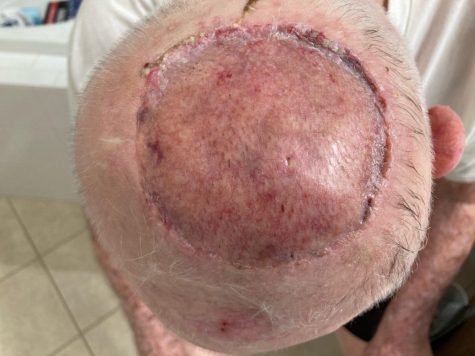Raising Awareness for Skin Cancer Prevention and Treatment This May
April 21, 2023
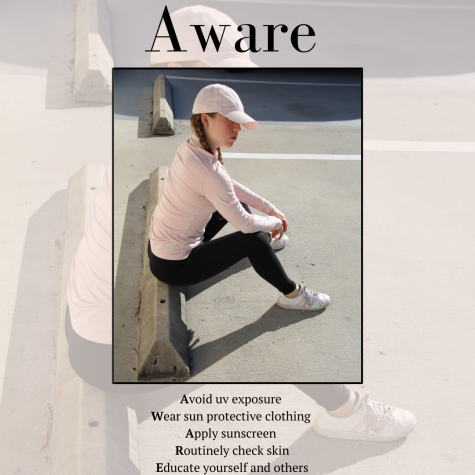
May is Skin Cancer Awareness Month. Skin cancer is the most common cancer type, appearing as basal cell carcinoma, squamous carcinoma, and melanoma. It involves abnormal growth of the skin cells, especially in the body parts exposed to the sun. This makes sun exposure the leading cause despite other causes. While it can turn fatal, patients who get diagnosed while at early stages have higher chances of successful treatment. Therefore, skin cancer awareness to understand protection and the symptoms is crucial to ensure a healthier, skin cancer-free society.
Skin cancer has various causes and risk factors. According to the CDC, sunlight exposure is the leading cause of skin cancer. This is due to exposure to harmful ultraviolet rays. According to the US Food and Drug Administration Office of the Commission, these harmful rays are also present in tanning beds due to the lamps used, which damage one’s DNA and cause skin cells to grow uncontrollably. In addition, family genes also increase one’s risk of having skin cancer. According to a 2015 article published in the medical Journal “Dermatologic Surgery” Issue 41 titled ‘Family History of Skin Cancer Is Associated With Increased Risk of Cutaneous Squamous Cell Carcinoma” , this is especially more pronounced for cutaneous squamous cell carcinoma, where any known family history of skin cancer is associated with a four times more likelihood of getting skin cancer. Given the considerable risk of exposure to U.V. rays, skin cancer can be prevented by using effective sun creams, covering more body parts outdoors, or even avoiding outdoors during midday hours when the rays are at their peak.
Early detection is vital in skin cancer treatment. People should be aware of their skin behavior, reporting any skin changes to the doctor. This includes growths, freckles, birthmarks, and existing moles. In 2015, an article published to “Patient Related Outcome Measures” Issue 6 by Dr. R. K. Voss, et al, says “with an early diagnosis, survival rates after treatment significantly increase, with at least 40.5% survival and also involving less invasive treatment”.
Skin cancer patients have several treatment options, including surgery, radiation therapy, and chemotherapy . Both excisional and Mohs surgery are options to cut out the cancerous tissues, especially during the early stages. Radiation therapy involves using X-rays to kill cancer cells, mostly at an advanced stage where surgery is not enough. When the skin cancer spreads to more body parts but is only limited to the top layer of the skin, then chemotherapy is advised, with anti-cancer drugs and creams applied directly to the body.
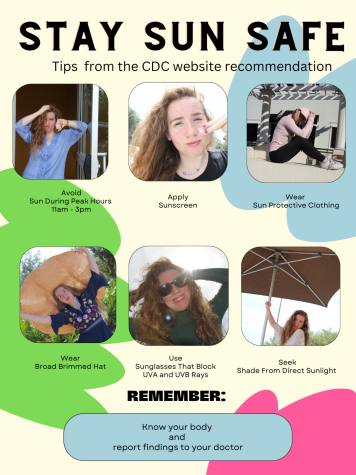
May is Skin Cancer Awareness Month, please check your body head to toes. Share skin cancer awareness information with your family and friends. Celebrate May with hashtags #knowyourbody, #preventskincancer, #mayskincancerawarnessmonth.
Sharing a Personal Story In The Battle Against Skin Cancer
TW: Images include skin grafts, affected skin and skin cancer treatment areas. Some readers may find them disturbing.
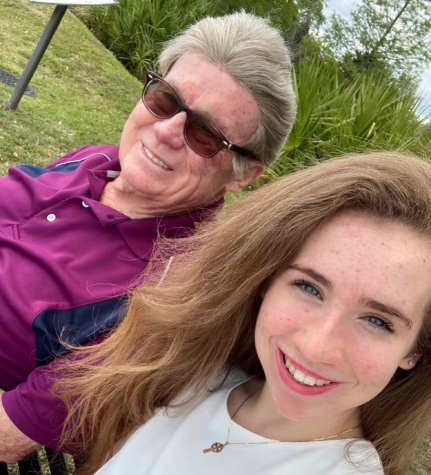
My grandfather, who I call Poppy, was diagnosed with melanoma skin cancer when I was a young girl. I started researching everything about skin cancer. My search for a cure to heal my Poppy, has become my passion to bring awareness to others about the disease known as skin cancer.
Jack Dougherty, a former Air Force officer, shares his story of battling skin cancer in the hopes of raising awareness about the importance of sun protection. Dougherty says, “(The) Dermatologist called after the appointment, informing me I had melanoma; a 0.75 cm, which was very small, at a stage 1A on top of my head. That was August 28, 2007.”
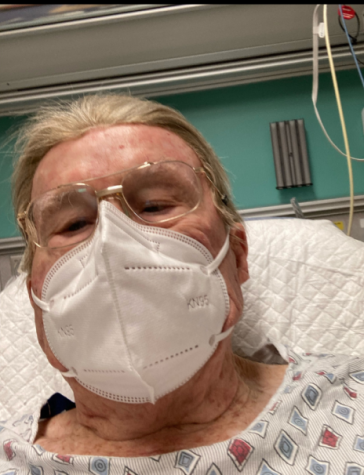
Since then, Dougherty has undergone more than 20 surgeries to remove skin cancer from various parts of his body including his head, face, back, and arms. “To date I had over 20 surgeries to remove skin cancer, melanoma on my head a few times. Other skin cancers on my face, back and arms,” says Dougherty.
“The first surgery was very painful, I was shocked. They had to map my brain, the doctor used painful needles all over my head. I was in the Air Force in my younger years, I did a lot of things, but never have I felt pain like that.”
After the skin cancer from my head was removed, I had to have a skin graft on my head. The doctor took a piece of skin from excess skin areas such as the upper thigh and used it to cover Dougherty’s head.
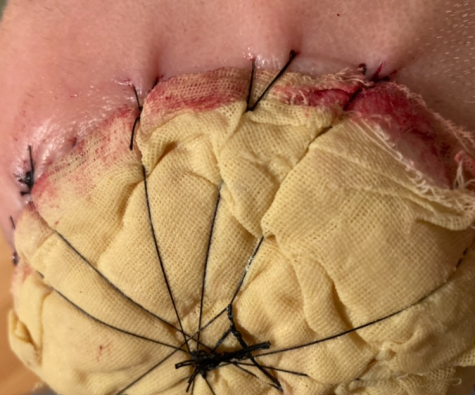
Jack Dougherty gives this advice:
“When I play golf I wear long sleeve shirts and pants, a wide brim hat and blocker. I try to avoid the sun. I use sunblock everyday, even in the rain. The sun is strong. Enjoy the outdoors, just use your sun protection. Everyone should use a strong blocker, a hat and seek shade. Respect the sun and your skin. Don’t use a tanning bed that is a definite no. Be smart, you’re lucky you have a search engine to find the answer to your questions. Research and find out the truth about skin cancer. Speak to your parents and doctors. I wish I knew then what I know now.”
Dougherty encourages people to research and find out the truth about skin cancer and to speak to their parents and doctors.
Jack Dougherty’s story is a reminder that skin cancer is a serious and life-threatening disease that should not be taken lightly. It is important to protect yourself from harmful UV rays and to get regular check-ups with your dermatologist.
